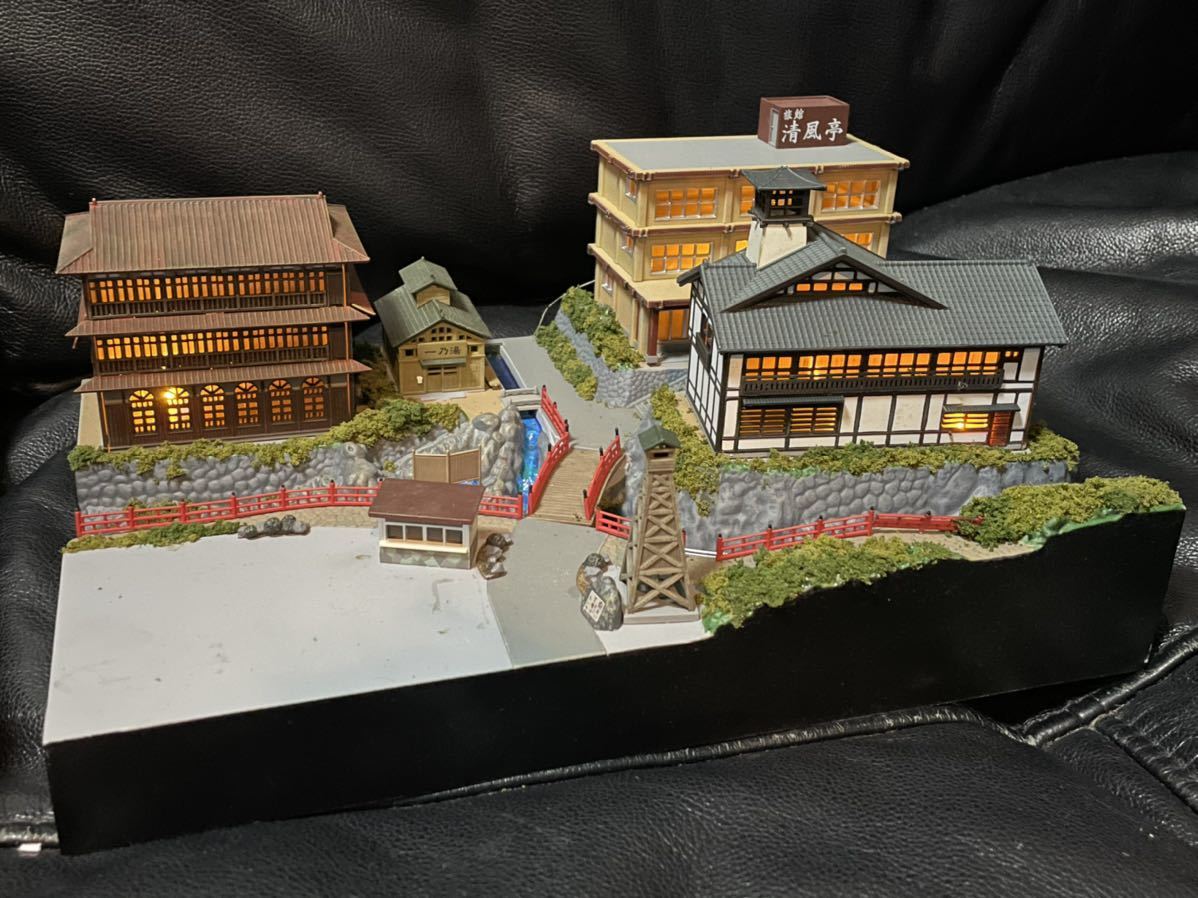
新入荷再入荷
■ 実働! ■ スープラ ( JZA70 ) 用 後期 2.5 GT ツインターボR 1JZ-GTE 5MT 5速 R154 ミッション 載せ替えキット ■ JZX100 JZX90
 タイムセール
タイムセール
終了まで
00
00
00
999円以上お買上げで送料無料(※)
999円以上お買上げで代引き手数料無料
999円以上お買上げで代引き手数料無料
通販と店舗では販売価格や税表示が異なる場合がございます。また店頭ではすでに品切れの場合もございます。予めご了承ください。
商品詳細情報
| 管理番号 | 新品 :88308613 | 発売日 | 2025/01/09 | 定価 | 251,000円 | 型番 | 88308613 | ||
|---|---|---|---|---|---|---|---|---|---|
| カテゴリ | |||||||||
■ 実働! ■ スープラ ( JZA70 ) 用 後期 2.5 GT ツインターボR 1JZ-GTE 5MT 5速 R154 ミッション 載せ替えキット ■ JZX100 JZX90
商品の紹介
商品名
スープラ(JZA70)用 後期 2.5 GT ツインターボR 1JZ-GTE 2.5 5速 ミッション 載せ替えキット
商品の紹介
車屋さんからの委託出品です。
平成4年式の2.5 GT ツインターボRから降ろしました。
走行距離は、126,483キロです。
6枚目の画像のメーター画像が降ろした車のメーターです。
ミッション(シフト付き)・サイドブレーキレバー
足置き・ブレーキペダル・クラッチペダル・セルモーター
・クラッチマスター(配管付き)・クラッチレリーズ
・フライホイール・クラッチディスク・クラッチカバー
・プロペラシャフト・シフト周りの内装パネルです。
ミッションのネジは、画像にあるだけ付けます。
商品が大きい為、西濃運輸でしか発送できません。
発送先が個人あての場合は、最寄りの営業所止めになります。
ご了承ください。
その辺りをご理解いただける方のみ、ご入札をお願いします。
商品部品の為、多少の傷や汚れが有ります。
年式相応の経年劣化はあります。
事故車から降ろした為、リフト上でしか動作確認ができませんでした。
6枚目のメーター画像がリフト上で動作確認していた時の画像です。
リフト上で動作確認した時は、ギア鳴りなどなく問題なかったです。
写真では判りにくいと思いますがよくご確認ください。
当方でわかる範囲のことや気付いた点は記載しておりますが、
他に見落としがあれば申し訳ございません。
































